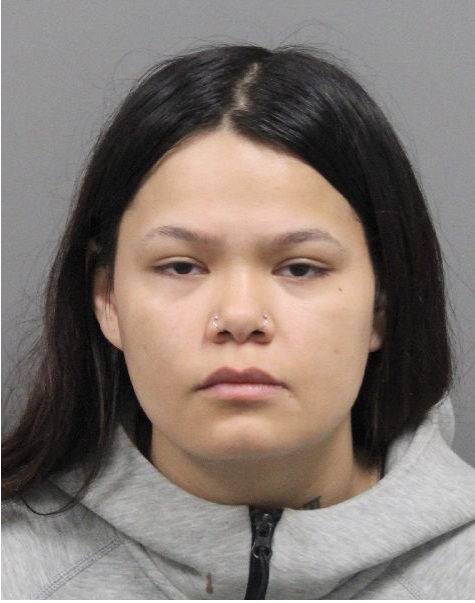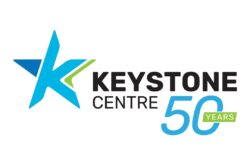Manitoba Increases Public School Funding
The Manitoba government is maintaining a balanced approach to providing students a quality education while creating efficiency and controlling costs within the public education system, Education and Training Minister Ian Wishart announced today. The province will invest $1.323 billion in public school divisions for the 2018-19 school year, an increase of $6.6 million.
“We continue to provide significant funding to give students the best education possible while we carefully steer Manitoba back onto a responsible fiscal track,” said Wishart. “When school divisions create their budgets for the year ahead, we expect them to manage their expenditures accordingly. This means making decisions that best suit students’ needs, and consider the impact on local ratepayers and Manitoba taxpayers.”
The minister signalled the intention to move to a streamlined, single provincial bargaining table for public school teachers from the existing 38 collective bargaining units. The last round of contracts is set to expire June 30. Manitoba is the only province where teacher collective bargaining is conducted exclusively at the local level, negotiated separately between each school board and its local teachers’ association.
“We want to put teachers back in the classroom, where they want to be and where students need them most, instead of being at the bargaining table,” said Wishart. “We want to give trustees more time to focus on the quality of learning for students and free up resources currently tied up by negotiations.”
The province will hold a consultation process with affected stakeholders to shape the transition to a more efficient system.
For the 2018-19 school year, the minister directed school divisions to limit any increases to their local education property tax to two per cent. Wishart pointed out The Public Services Sustainability Act wage freeze would alleviate some expenditure pressure on divisions.
As well, Wishart announced a 15 per cent reduction to the existing administration cost caps, effective July 1. School division administration costs, which include the board of trustees, superintendent’s and secretary treasurer’s departments, have increased by $5.6 million or nine per cent in the past three years.
“It is imperative we reduce administrative costs while protecting front line services,” said the minister. “This new approach does not unfairly penalize divisions who have already made the effort to streamline administrative costs, as budgets show all divisions were below their respective caps in the past three years, and many spent well below the limit on administration.”
Manitoba will phase out the Tax Incentive Grant (TIG) over the next six years. The grant will be adjusted to ensure school divisions do not receive less than 98 per cent of last year’s operating and TIG support combined. TIG was a voluntary program that ended in 2011, intended to assist school divisions that held the line on taxes.
Intensive Newcomers Support Contingency funding will increase by $40,000 to help divisions with new arrivals of refugees and other high-needs English as an additional language students.
Education financing will come under further examination in early 2019, when the province launches its review of the kindergarten to Grade 12 education system, the minister added. The process will include public consultation and consider a wide range of issues, such as the quality of education, role of school boards and taxation power.


 -16.8°C Brandon,CA
-16.8°C Brandon,CA


 26
26










